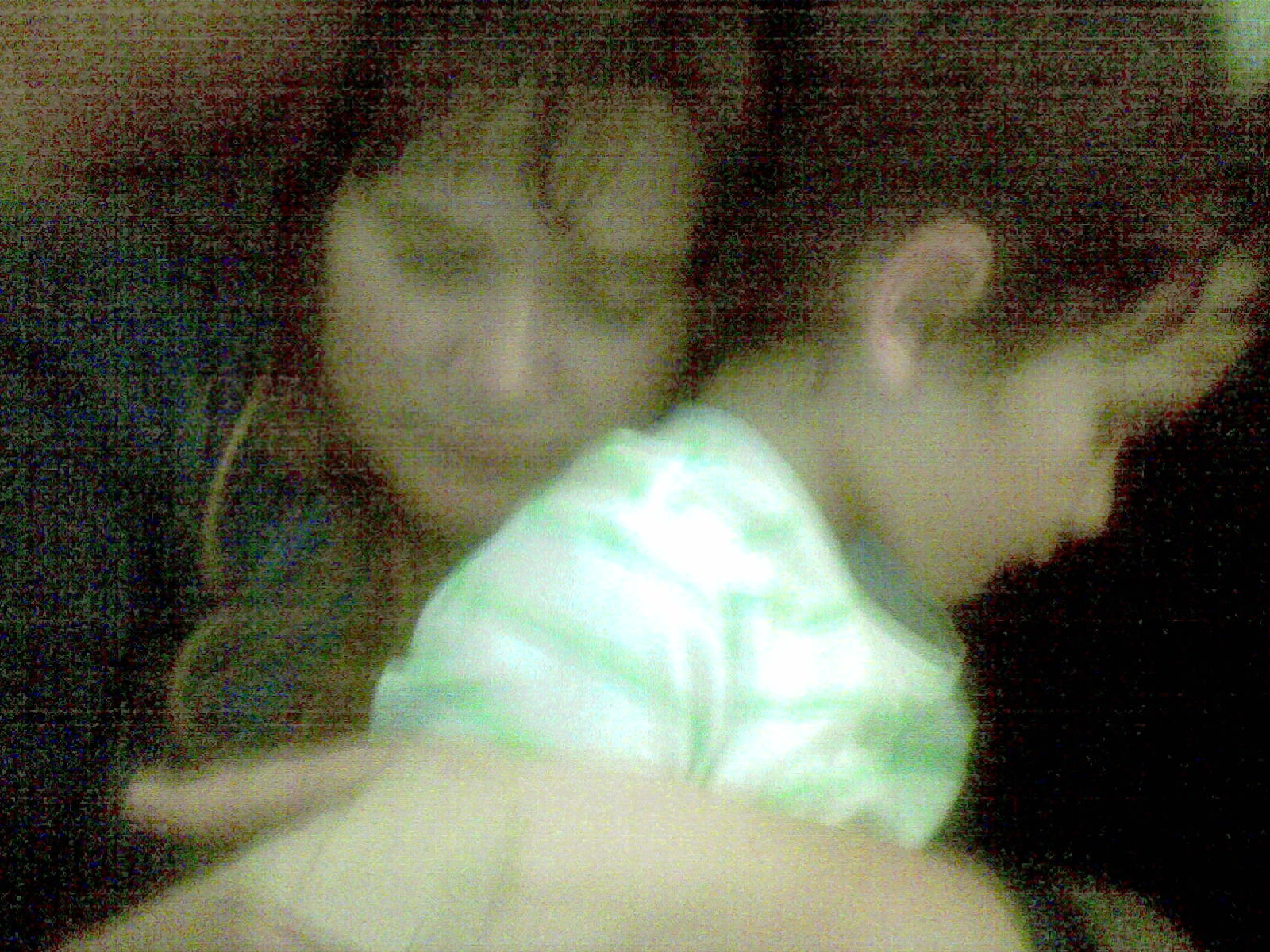We all know how important sleep is, but too few of us get the high-quality sleep we need. Children live busy, energetic lives, regardless of their age. Their rapidly growing minds and bodies require a sufficient dose of sleep in order to develop and function properly.
The benefits of good sleep are endless. Unfortunately, studies have indicated that 7 out of every 10 children don’t get enough sleep, either in quality of rest or sufficient duration. A lack of sleep can lead to temper tantrums, concentration, and behavioral problems, and hinder the ability for future moments of rest. A child who is well rested can actually fall asleep easier than one who is overtired or exhausted.
Benefits of Healthy Rest:
- Physical Health:
Sleep allows our bodies to repair and rejuvenate. From repairing tissue, boosting muscle mass, synthesizing proteins, releasing growth hormones and maintaining a strong immune system sleep is an important function in physical growth and development. Also, sleep-deprived children are much more prone to common colds and the flu. Another benefit to sleeping well is weight management. Young children who see less than 10 hours sleep a night are 3x more likely to be overweight than children who achieve 12 or more hours of rest.
- Mental Health:
Just as with parents, sometimes if you’re tired, you’re prone to crankiness and moodiness. The same applies to your children. A lack of sleep negatively affects the way emotions regulate in the brain, increasing levels of stress, amplified anxiety, and irritation or aggression. While sleep won’t eliminate stressors altogether, it increases our readiness to cope with them.
While we sleep, our brains process and consolidate our memories. This has a profound impact on helping your children remember the important things they learn. In contrast, losing sleep makes it more likely for children to lose focus or make silly mistakes. Sleep deprivation impairs problem-solving skills when the mind is not able to function optimally.
Ways to ensure your child gets the best night’s sleep:
- Watch What We Eat
The wrong combination of bedtime snacks can hinder all of the other good work you’ve done in getting your child to bed with ease. A diet dictates how energetic and active we are. Be mindful of snacks with sugar and caffeine, two hyperactive ingredients not conducive to sleep. Here are some great bedtime snack ideas for children.
- Limit Stimuli Before Bed
Interactive stimulants are detrimental to sleep because it keeps the brain active at exactly the wrong moment. Things like a bedroom full of toys, tablets, and other appealing distractions will steal from the time we need to slumber. Try to turn off all technology an hour before bedtime. Consider replacing nightly habits with better ones, listening to an audiobook or soothing music, taking a warm bath, bedside yoga, or possibly playing a quiet game like a puzzle.
- Strengthen a Familiar Routine
Regular sleep times help maintain our body clock and overall circadian rhythm. Keeping to a consistent bedtime will make it easier to fall asleep and stay asleep longer. During the school holidays when routines are often relaxed, the biggest challenge will present itself. Sticking to a somewhat consistent nightly routine can make a big difference and strengthen healthy habits.
- Understand How Much Sleep is Required by Age
Your child’s sleeping needs naturally decrease each year into adulthood where sleep duration eventually plateaus (to approximately 8 hrs). Newborns, infants, and toddlers obviously need the most sleep even in comparison to a school-age child and teenagers. Understanding how the sleep needs of your child will change allows for far more mindful decisions to be made at home, preserving bedtime as an important family time moment.
Check out this guide below to reference sleep needs by age.

Pro Tip: Allergies are common culprits of acute or even seasonal sleep deprivation in both children and adults. If you or someone in your family struggles with this burden. Consider purchasing a supportive pillow that is easy to wash. Common allergens collect in our pillows overtime and onset the uncontrollable sneezing while we should be sleeping.



